Karen Knorr
Karen Knorr (b. 1954) was born in Frankfurt am Main, Germany, and raised in San Juan, Puerto Rico, in the 1960s. She completed her education in Paris and London, where she studied at the University of Westminster in the mid-1970s. Early in her career, Knorr began exhibiting photography that reflected contemporary debates in cultural studies and film theory, particularly those surrounding the “politics of representation,” which shaped much of the visual discourse in the late 1970s and early 1980s. She has taught, exhibited, and lectured internationally at institutions including Tate Britain, Tate Modern, Goldsmiths, Harvard, and the Art Institute of Chicago. She is currently Professor of Photography at the University for the Creative Arts in Farnham, Surrey.
Knorr’s Fables series (2004–2008) reinterprets classical allegories drawn from Ovid, Aesop, and La Fontaine by blending analog and digital photography. The series uses museum and heritage site interiors—including the Carnavalet Museum, the Museum of Hunting and Nature, Chambord Castle, Chantilly Castle, and Versailles—as theatrical backdrops to explore themes of storytelling and power. Her visual language incorporates baroque aesthetics and references to Disney and Attenborough, revealing a layered dialogue between history, architecture, and contemporary mythmaking. The series culminates with an exploration of Le Corbusier’s Villa Savoye, reanimating the austere spaces of modernist architecture with playful, imagined presences.
A turning point in her practice came in 2008 with a transformative journey to Rajasthan, India. There, she began the India Song series, which explores Rajput and Mughal heritage through carefully composed, digitally manipulated images taken at heritage sites across Rajasthan. These photographs foreground feminine subjectivity and animal symbolism, interweaving the past and present in sites imbued with cultural memory. Since 2012, Knorr has also worked in Japan, where she created the Monogatari and Karyukai series. These works are inspired by Ukiyo-e prints, Shinto and Buddhist traditions, and the poetic visual culture of Edo-period Japan. The photographs feature temple sites in Nara, Kyoto, Tokyo, and Ohara, with women composing waka and haiku in response to their lives and aspirations.
Throughout her practice, Knorr constructs highly detailed compositions that merge architectural grandeur with anthropomorphic animals, creating fantastical tableaus that comment on society, ecology, and free will. Her work blends visual opulence with intellectual rigor, examining civilization through the lens of culture, power, and natural harmony.
Knorr’s photographs are held in the permanent collections of major institutions including the Tate and Victoria and Albert Museum in London, the Centre Pompidou and Musée d’Art Moderne de la Ville de Paris, the San Francisco Museum of Modern Art, and the National Museum of Modern Art in Kyoto.
Photography & Works
-

Karen Knorr
Morning Glory, Grand Mosque, Abu Dhabi Read more -

Karen Knorr
The Alchemy of Happiness, Alcazar, Seville Add to cart -

Karen Knorr
A Place Like Amravati 2, Udaipur City Palace (India Song) Read more -

Karen Knorr
A Place Like Amravati, Udaipur City Palace (India Song) Read more -

Karen Knorr
A Steadfast Friend, Zanana, Samode Palace (India Song) Read more -

Karen Knorr
Avatars of Devi, Zanana, Samode Palace (India Song) Add to cart -
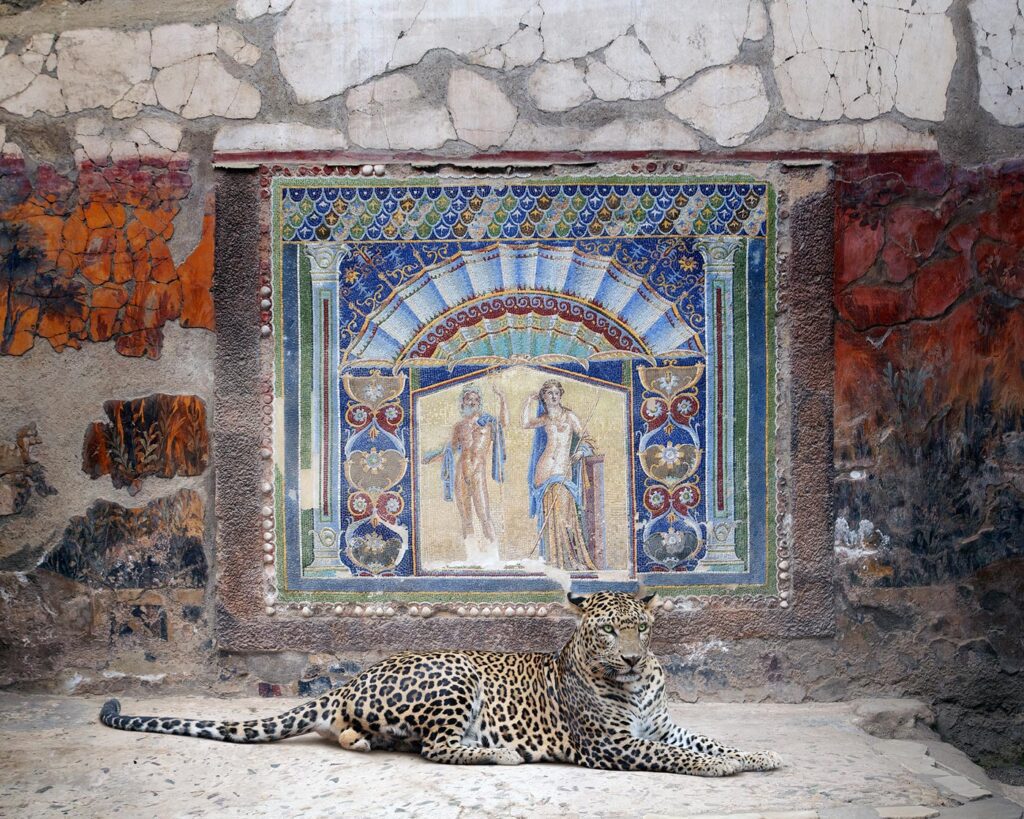
Karen Knorr
Bacchus in Attendance, House of Neptune and Amphitrite, Herculaneum (Scavi) Read more -

Karen Knorr
Conqueror of the World, Podar Haveli, Nawalgarh (India Song) Read more -
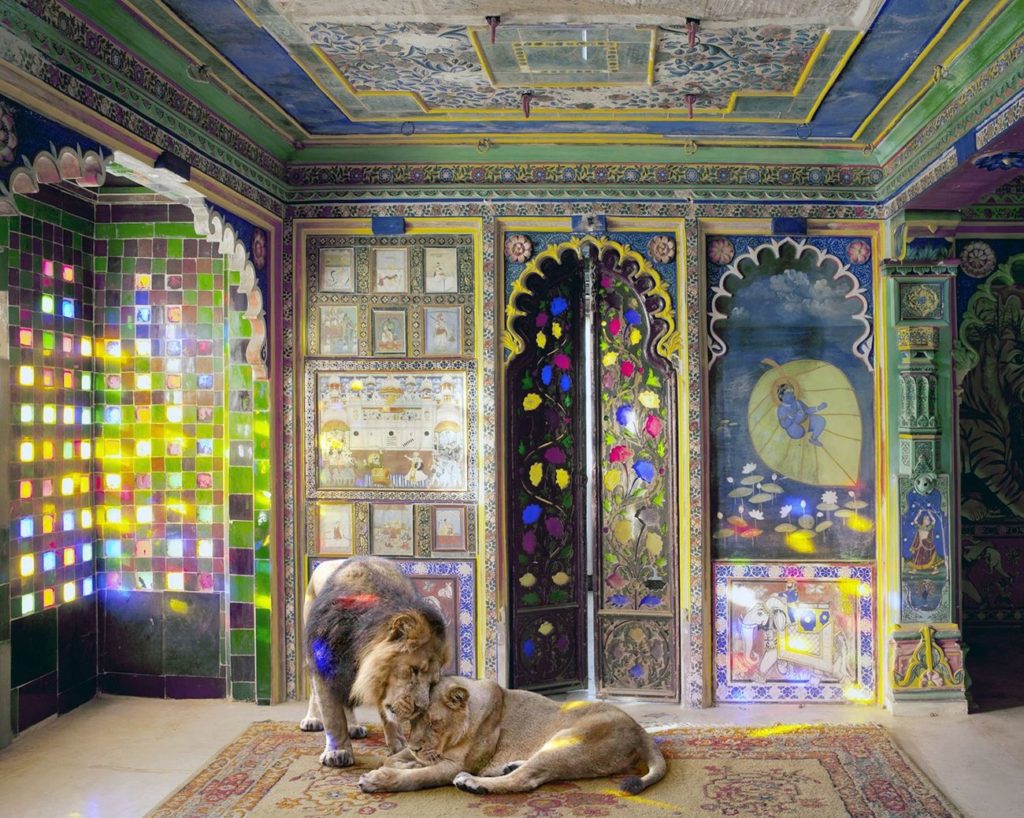
Karen Knorr
Finding Refuge, Junha Mahal, Dungarpur Read more -

Karen Knorr
Friends in Need, Juna Mahal, Dungarpur Palace (India Song) Add to cart -

Karen Knorr
Ganesha’s Mount, Chavi Niwas, Jaipur (India Song) Read more -

Karen Knorr
Ganesha’s Stride, Abha Mahal, Ahichhatragarh, Nagaur (India Song) Read more -

Karen Knorr
Guarding Honour, Kota City Palace, Kota (India Song) Add to cart -
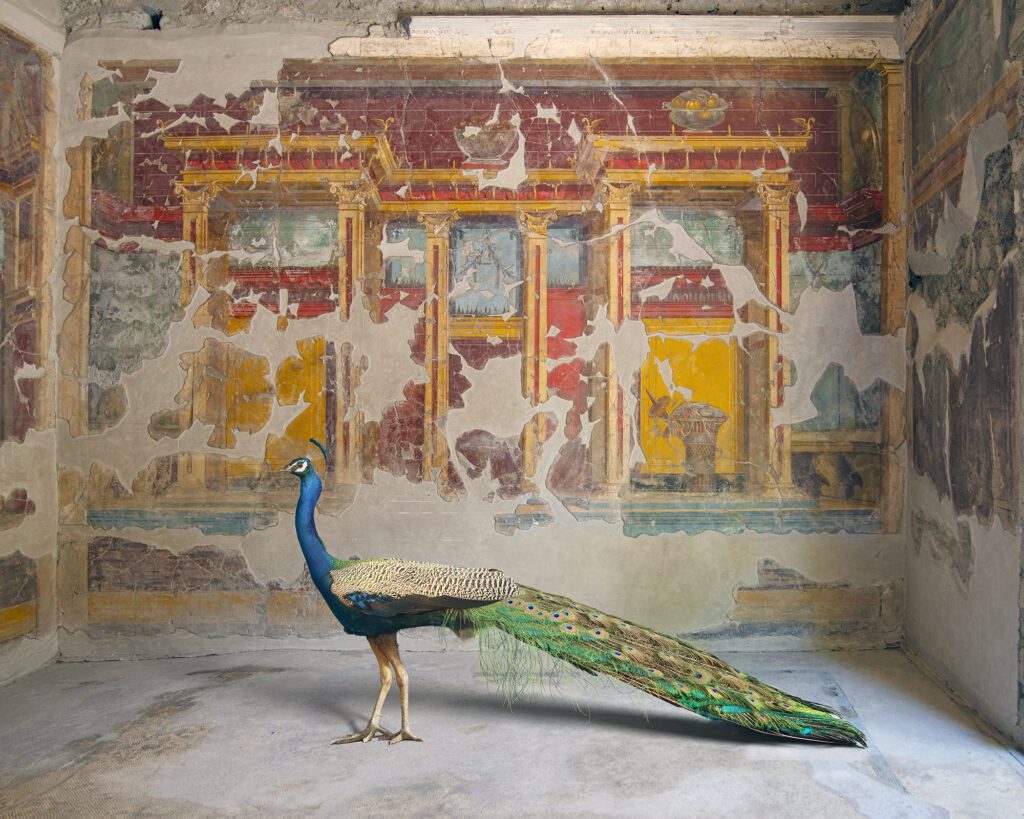
Karen Knorr
Hera’s Eyes, Oplontis Villa, Torre Annuziata (Scavi) Read more -

Karen Knorr
Interloper, Sheesh Mahal, Udaipur City Palace (India Song) Read more -

Karen Knorr
Krishna’s Crown, Jawa Mahal, Jaipur (India Song) Add to cart -
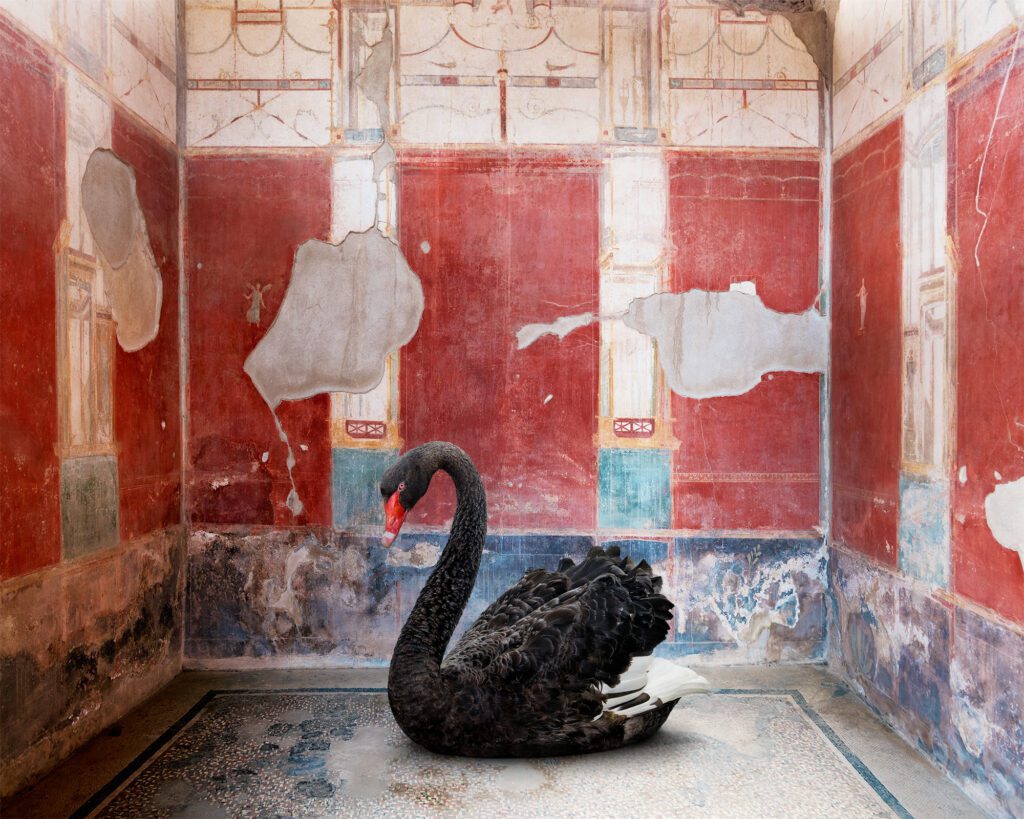
Karen Knorr
Leda’s Seduction, House of the Red Walls, Pompeii (Scavi) Read more -

Karen Knorr
Lion’s Rescue, College of the Augustales, Herculaneum Read more -

Karen Knorr
Mahadevi’s Divine Power, Bara Mahal (India Song) Read more -

Karen Knorr
Master of Seduction, Amer Fort, Amer (India Song) Read more -
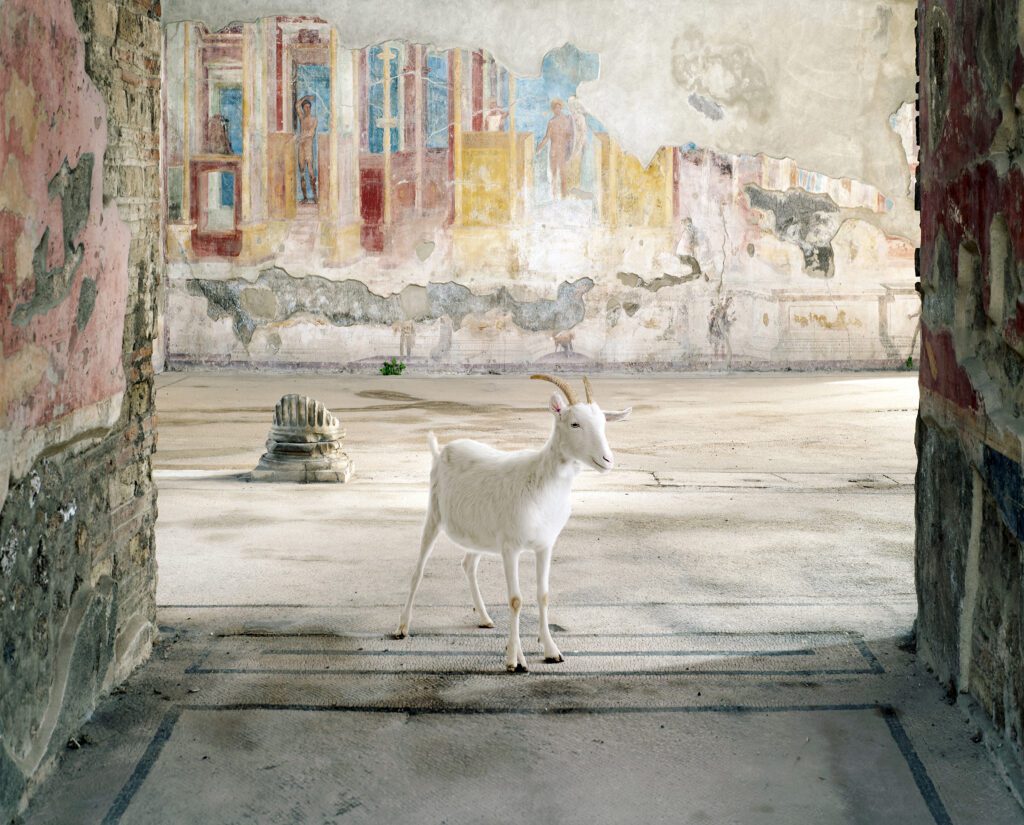
Karen Knorr
Pan’s Apparition, Gymnasium of the Luvenes, Pompeii (Scavi) Read more -

Karen Knorr
Reconciliation, Poddar Haveli, Nawalgarh (India Song) Add to cart -

Karen Knorr
Sikander’s Entrance, Chandra Mahal, Jaipur City Palace, Jaipur (India Song) Add to cart -

Karen Knorr
Taking Refuge, Junha Mahal, Dugarpur (India Song) Add to cart
News & Articles

In Discussion: Karen Knorr, Albert Watson and Holden Luntz

3 Photographic Journeys That Expand Reality: Kimiko Yoshida, Albert Watson, and Karen Knorr

Simple Pleasures: Thresholds of space and time

Picturing Xanadu: A Vision in a Dream

Karen Knorr’s Mahadevi’s Divine Power, Bara Mahal

Photo London 2022

Art Miami 2021

Karen Knorr: The Virtues of Spectacular Spaces
Tishani Doshi on Karen Knorr

Rooms that Resonate with Possibilities

Meet our Artists: Karen Knorr

Dialogues With Great Photographers – Karen Knorr

Seeing Spaces: Four Photographers Viewing Architecture

